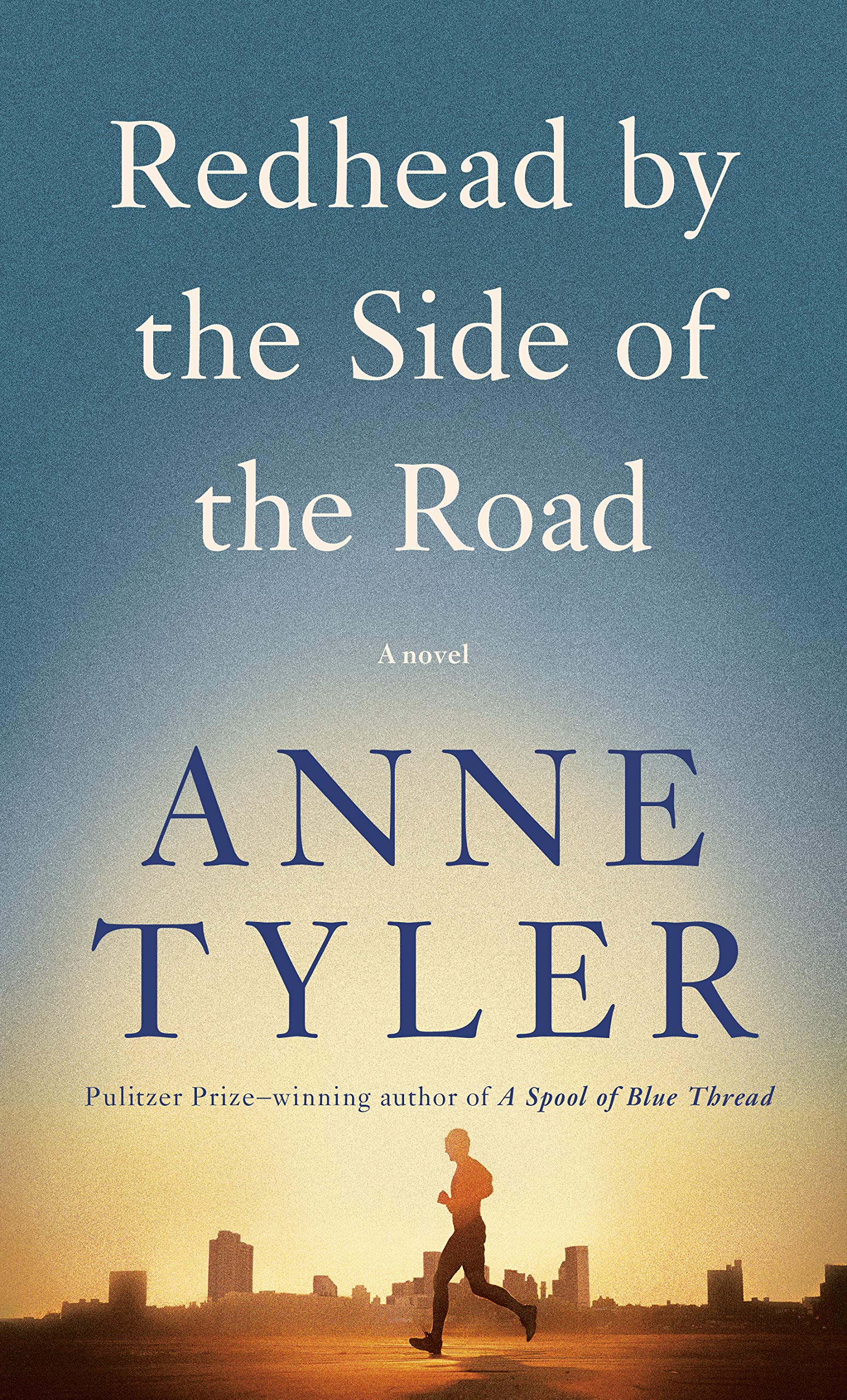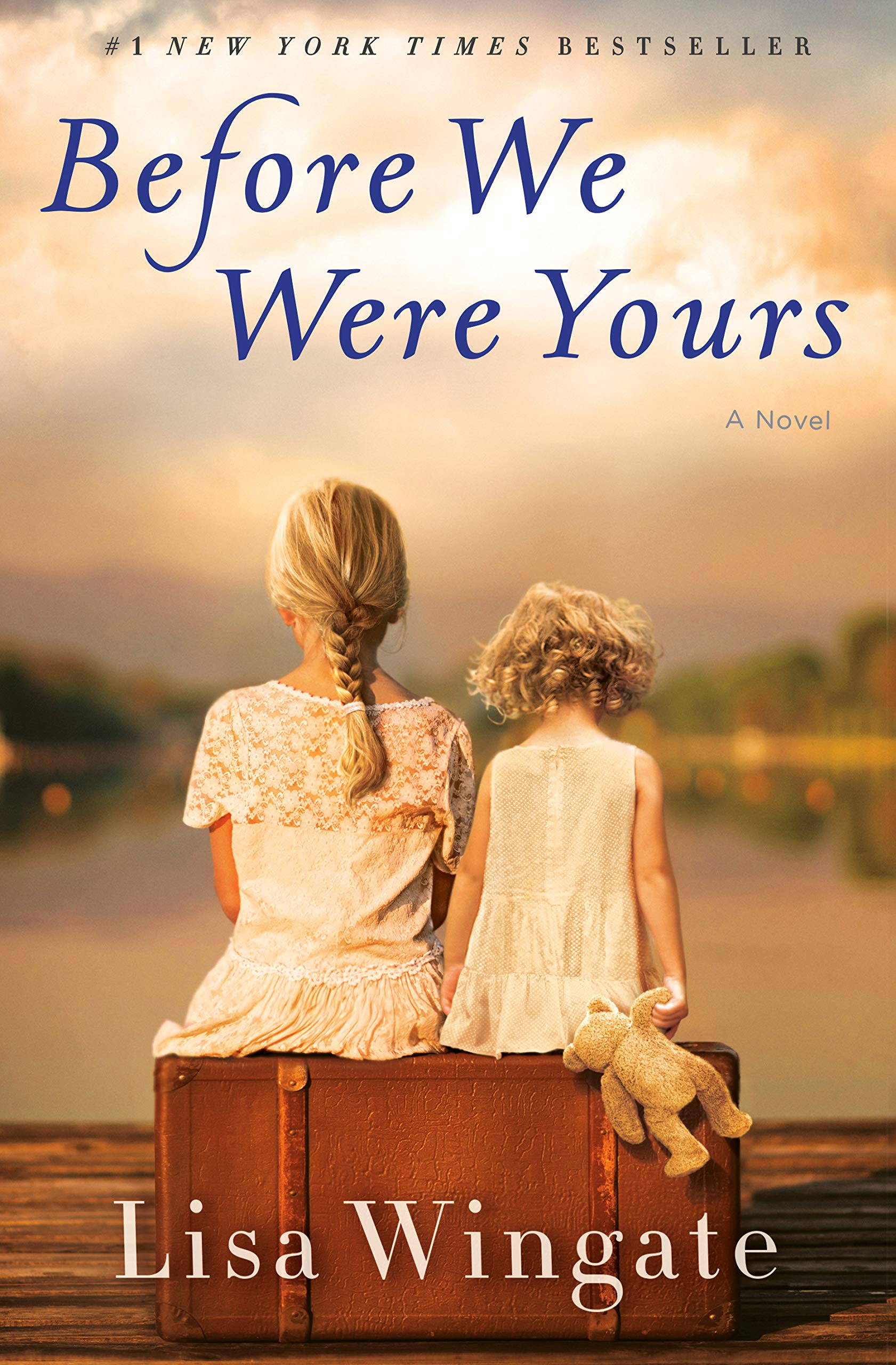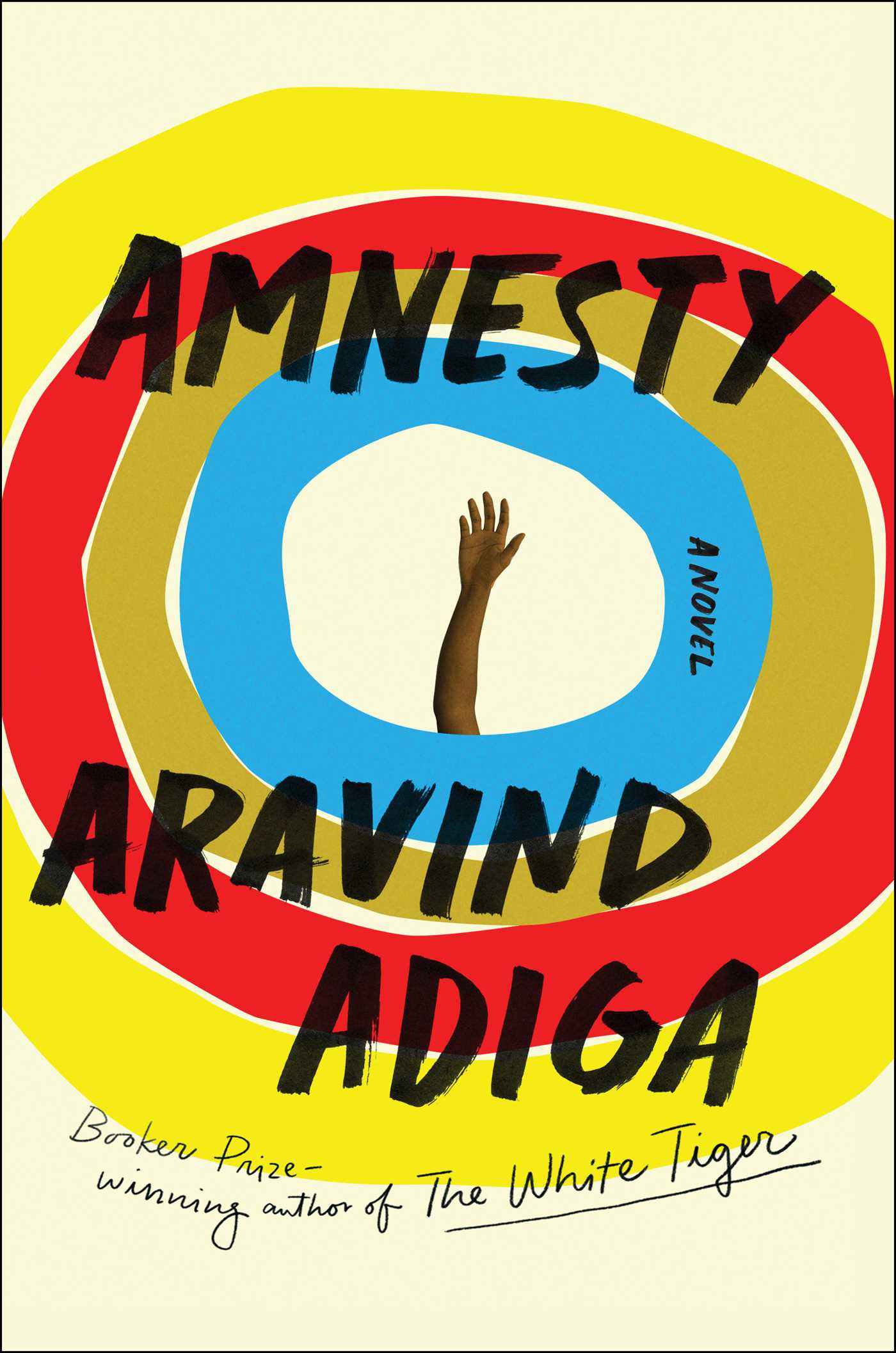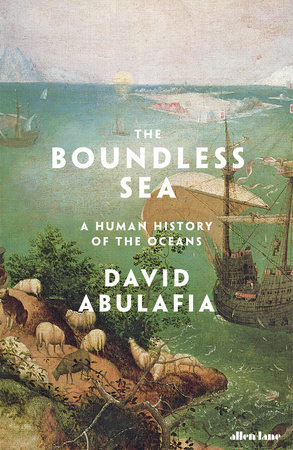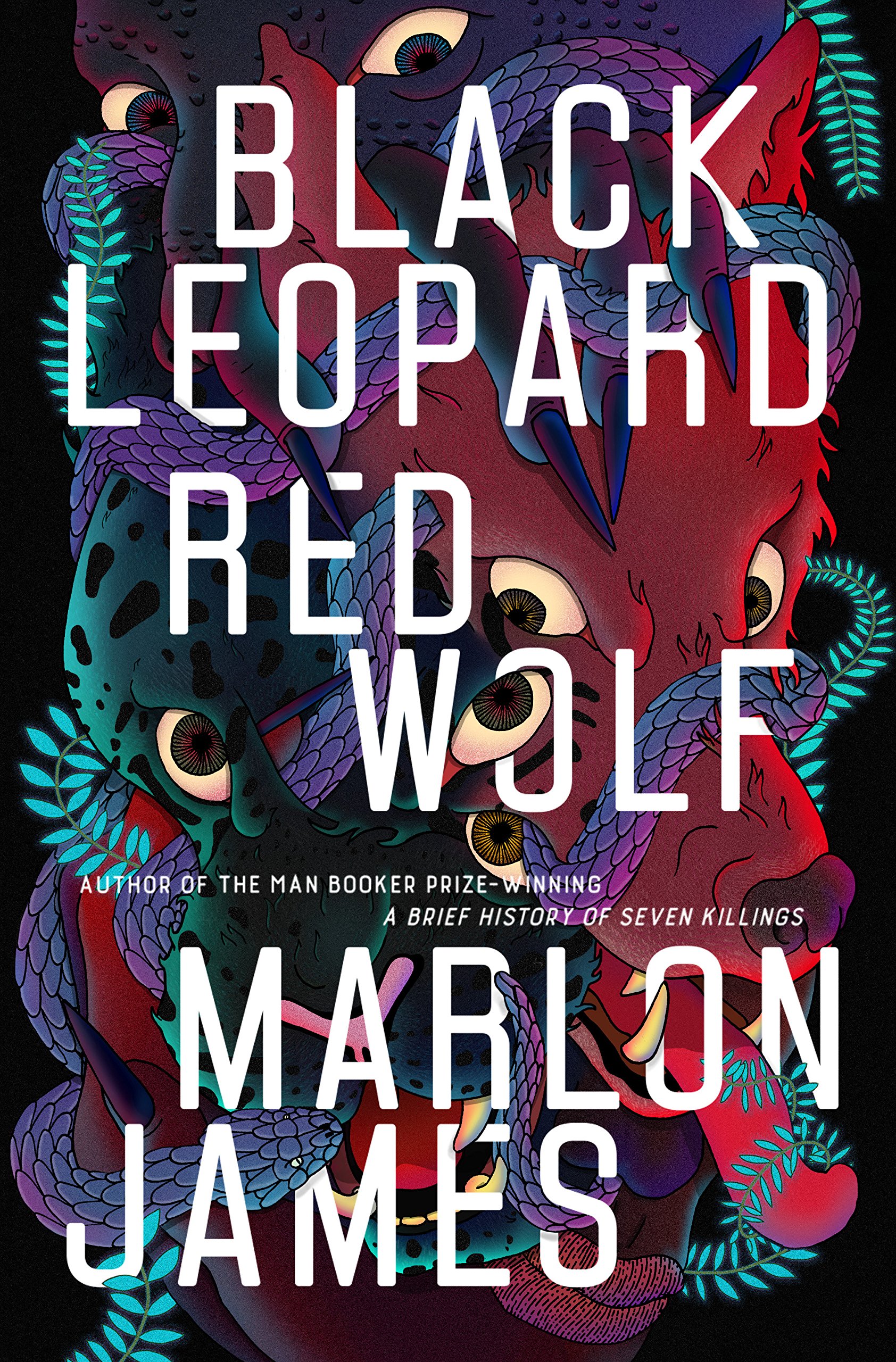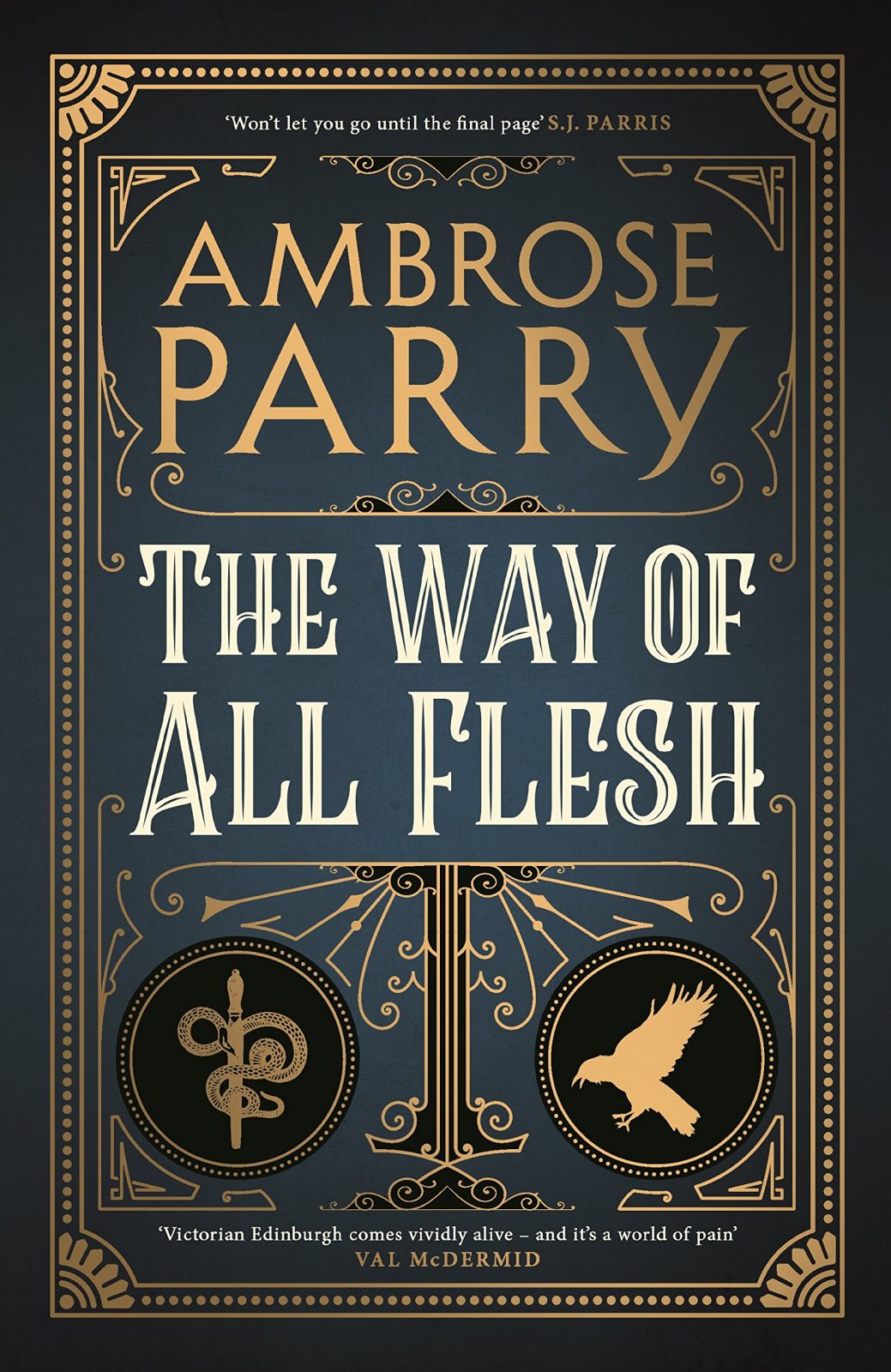Chosen Ones (The Chosen Ones #1) by Veronica Roth
The first novel written for an adult audience by the mega-selling author of the Divergent franchise: five twenty-something heroes famous for saving the world when they were teenagers must face even greater demons--and reconsider what it means to be a hero . . . by destiny or by choice.
A decade ago near Chicago, five teenagers defeated the otherworldly enemy known as the Dark One, whose reign of terror brought widespread destruction and death. The seemingly un-extraordinary teens—Sloane, Matt, Ines, Albie, and Esther—had been brought together by a clandestine government agency because one of them was fated to be the “Chosen One,” prophesized to save the world. With the goal achieved, humankind celebrated the victors and began to mourn their lost loved ones.
Ten years later, though the champions remain celebrities, the world has moved forward and a whole, younger generation doesn’t seem to recall the days of endless fear. But Sloane remembers. It’s impossible for her to forget when the paparazzi haunt her every step just as the Dark One still haunts her dreams. Unlike everyone else, she hasn’t moved on; she’s adrift—no direction, no goals, no purpose. On the eve of the Ten Year Celebration of Peace, a new trauma hits the Chosen: the death of one of their own. And when they gather for the funeral at the enshrined site of their triumph, they discover to their horror that the Dark One’s reign never really ended.
My Wife Said You May Want to Marry Me: A Memoir by Jason Rosenthal (
An inspiring memoir of life, love, loss, and new beginnings by the widower of bestselling children’s author and filmmaker Amy Krouse Rosenthal, whose last of act of love before her death was setting the stage for her husband’s life without her in the viral New York Times Modern Love column, “You May Want to Marry My Husband.”
On March 3, 2017, Amy Krouse Rosenthal penned an op-ed piece for the New York Times’ “Modern Love” column —”You May Want to Marry My Husband.” It appeared ten days before her death from ovarian cancer. A heartbreaking, wry, brutally honest, and creative play on a personal ad—in which a dying wife encouraged her husband to go on and find happiness after her demise—the column quickly went viral, reaching more than five million people worldwide.
In My Wife Said You May Want to Marry Me, Jason describes what came next: his commitment to respecting Amy’s wish, even as he struggled with her loss. Surveying his life before, with, and after Amy, Jason ruminates on love, the pain of watching a loved one suffer, and what it means to heal—how he and their three children, despite their profound sorrow, went on. Jason’s emotional journey offers insights on dying and death and the excruciating pain of losing a soulmate, and illuminates the lessons he learned.
As he reflects on Amy’s gift to him—a fresh start to fill his empty space with a new story—Jason describes how he continues to honor Amy’s life and her last wish, and how he seeks to appreciate every day and live in the moment while trying to help others coping with loss. My Wife Said You May Want to Marry Me is the poignant, unreserved, and inspiring story of a great love, the aftermath of a marriage ended too soon, and how a surviving partner eventually found a new perspective on life’s joys in the wake of tremendous loss.
Redhead by the Side of the Road by Anne Tyler
From the beloved and best-selling Anne Tyler, a sparkling new novel about misperception, second chances, and the sometimes elusive power of human connection.
Micah Mortimer is a creature of habit. A self-employed tech expert, superintendent of his Baltimore apartment building, cautious to a fault behind the steering wheel, he seems content leading a steady, circumscribed life. But one day his routines are blown apart when his woman friend (he refuses to call anyone in her late thirties a "girlfriend") tells him she's facing eviction, and a teenager shows up at Micah's door claiming to be his son. These surprises, and the ways they throw Micah's meticulously organized life off-kilter, risk changing him forever. An intimate look into the heart and mind of a man who finds those around him just out of reach, and a funny, joyful, deeply compassionate story about seeing the world through new eyes, Redhead by the Side of the Road is a triumph, filled with Anne Tyler's signature wit and gimlet-eyed observation.
Before We Were Yours by Lisa Wingate
Memphis, 1939. Twelve-year-old Rill Foss and her four younger siblings live a magical life aboard their family’s Mississippi River shantyboat. But when their father must rush their mother to the hospital one stormy night, Rill is left in charge—until strangers arrive in force. Wrenched from all that is familiar and thrown into a Tennessee Children’s Home Society orphanage, the Foss children are assured that they will soon be returned to their parents—but they quickly realize the dark truth. At the mercy of the facility’s cruel director, Rill fights to keep her sisters and brother together in a world of danger and uncertainty.
Aiken, South Carolina, present day. Born into wealth and privilege, Avery Stafford seems to have it all: a successful career as a federal prosecutor, a handsome fiancé, and a lavish wedding on the horizon. But when Avery returns home to help her father weather a health crisis, a chance encounter leaves her with uncomfortable questions and compels her to take a journey through her family’s long-hidden history, on a path that will ultimately lead either to devastation or to redemption.
Based on one of America’s most notorious real-life scandals—in which Georgia Tann, director of a Memphis-based adoption organization, kidnapped and sold poor children to wealthy families all over the country—Lisa Wingate’s riveting, wrenching, and ultimately uplifting tale reminds us how, even though the paths we take can lead to many places, the heart never forgets where we belong.
The Great Pretender: The Undercover Mission That Changed Our Understanding of Madness by Susannah Cahalan
From "one of America's most courageous young journalists" (NPR) comes a propulsive narrative history investigating the 50-year-old mystery behind a dramatic experiment that changed the course of modern medicine.
For centuries, doctors have struggled to define mental illness-how do you diagnose it, how do you treat it, how do you even know what it is? In search of an answer, in the 1970s a Stanford psychologist named David Rosenhan and seven other people -- sane, normal, well-adjusted members of society -- went undercover into asylums around America to test the legitimacy of psychiatry's labels. Forced to remain inside until they'd "proven" themselves sane, all eight emerged with alarming diagnoses and even more troubling stories of their treatment. Rosenhan's watershed study broke open the field of psychiatry, closing down institutions and changing mental health diagnosis forever.
But, as Cahalan's explosive new research shows, very little in this saga is exactly as it seems. What really happened behind those closed asylum doors, and what does it mean for our understanding of mental illness today?
Our Wild Calling by Richard Louv
“Richard Louv has done it again. A remarkable book that will help everyone break away from their fixed gaze at the screens that dominate our lives and remember instead that we are animals in a world of animals.” —Bill McKibben, author of Falter
Richard Louv’s landmark book, Last Child in the Woods, inspired an international movement to connect children and nature. Now Louv redefines the future of human-animal coexistence. Our Wild Calling explores these powerful and mysterious bonds and how they can transform our mental, physical, and spiritual lives, serve as an antidote to the growing epidemic of human loneliness, and help us tap into the empathy required to preserve life on Earth. Louv interviews researchers, theologians, wildlife experts, indigenous healers, psychologists, and others to show how people are communicating with animals in ancient and new ways; how dogs can teach children ethical behavior; how animal-assisted therapy may yet transform the mental health field; and what role the human-animal relationship plays in our spiritual health. He reports on wildlife relocation and on how the growing populations of wild species in urban areas are blurring the lines between domestic and wild animals.
Our Wild Calling makes the case for protecting, promoting, and creating a sustainable and shared habitat for all creatures—not out of fear, but out of love. Transformative and inspiring, this book points us toward what we all long for in the age of technology: real connection.
Imagination: The Science of Your Mind’s Greatest Power by Jim Davies
We don’t think of imagination the way that we should. The word is often only associated with children, artists and daydreamers, viewed as something separate from everyday adult life. However, imagination is an integral part of almost every action and decision that we make. Simply put, imagination is a person’s ability to create scenarios in his or her head: this can include everything from planning a grocery list, to honing a golf swing, and even to having religious hallucinations. And while imagination has positive connotations, it can also lead to more pernicious outcomes including decreased productivity and cooperation, and much worse, the continuous reliving of past trauma.
The human brain is remarkable in its ability to imagine—to create worlds and situations outside of its reality. We can imagine complex possible futures, fantasy worlds, and jars of peanut butter. We can use our imaginations to make us relaxed or anxious, and the most impressive feat of human imagination may be our ability to use it in creative endeavors. Sitting in a chair, with our eyes closed, we can imagine what the world might be, and construct elaborate plans. With such power, we have an obligation to use it for good—to make things better for ourselves, and for the world.
People have been fascinated with the machination of the human brain and its ability to imagine for centuries, but until now, there have been no popular science books that are dedicated to imagination. There are books on creativity, dreams, memory, and the mind in general, but how exactly do we create those scenes in our head? With chapters ranging from hallucination and imaginary friends to how imagination can make you happier and more productive, Jim Davies' Imagination will help us explore the full potential of our own mind.
Amnesty by Aravind Adiga
A riveting, suspenseful, and exuberant novel from the bestselling, Man Booker Prize–winning author of The White Tiger and Selection Day about a young illegal immigrant who must decide whether to report crucial information about a murder—and thereby risk deportation.
Danny—formerly Dhananjaya Rajaratnam—is an illegal immigrant in Sydney, Australia, denied refugee status after he fled from Sri Lanka. Working as a cleaner, living out of a grocery storeroom, for three years he’s been trying to create a new identity for himself. And now, with his beloved vegan girlfriend, Sonja, with his hidden accent and highlights in his hair, he is as close as he has ever come to living a normal life.
But then one morning, Danny learns a female client of his has been murdered. The deed was done with a knife, at a creek he’d been to with her before; and a jacket was left at the scene, which he believes belongs to another of his clients—a doctor with whom Danny knows the woman was having an affair. Suddenly Danny is confronted with a choice: Come forward with his knowledge about the crime and risk being deported? Or say nothing, and let justice go undone? Over the course of this day, evaluating the weight of his past, his dreams for the future, and the unpredictable, often absurd reality of living invisibly and undocumented, he must wrestle with his conscience and decide if a person without rights still has responsibilities.
Propulsive, insightful, and full of Aravind Adiga’s signature wit and magic, Amnesty is both a timeless moral struggle and a universal story with particular urgency today.
The Boundless Sea by David Abulafia
A SUNDAY TIMES, FINANCIAL TIMES, THE TIMES AND BBC HISTORY MAGAZINE BOOK OF THE YEAR
From the award-winning author of The Great Sea, a magnificent new global history of the oceans and of humankind's relationship with the sea
For most of human history, the seas and oceans have been the main means of long-distance trade and communication between peoples - for the spread of ideas and religion as well as commerce. This book traces the history of human movement and interaction around and across the world's greatest bodies of water, charting our relationship with the oceans from the time of the first voyagers. David Abulafia begins with the earliest of seafaring societies - the Polynesians of the Pacific, the possessors of intuitive navigational skills long before the invention of the compass, who by the first century were trading between their far-flung islands. By the seventh century, trading routes stretched from the coasts of Arabia and Africa to southern China and Japan, bringing together the Indian Ocean and the western Pacific and linking half the world through the international spice trade. In the Atlantic, centuries before the little kingdom of Portugal carved out its powerful, seaborne empire, many peoples sought new lands across the sea - the Bretons, the Frisians and, most notably, the Vikings, now known to be the first Europeans to reach North America. As Portuguese supremacy dwindled in the late sixteenth century, the Spanish, the Dutch and then the British each successively ruled the waves.
Following merchants, explorers, pirates, cartographers and travellers in their quests for spices, gold, ivory, slaves, lands for settlement and knowledge of what lay beyond, Abulafia has created an extraordinary narrative of humanity and the oceans. From the earliest forays of peoples in hand-hewn canoes through uncharted waters to the routes now taken daily by supertankers in their thousands, The Boundless Sea shows how maritime networks came to form a continuum of interaction and interconnection across the globe: 90 per cent of global trade is still conducted by sea. This is history of the grandest scale and scope, and from a bracingly different perspective - not, as in most global histories, from the land, but from the boundless seas.
Black Leopard, Red Wolf by Marlon James
In the first novel in Marlon James's Dark Star trilogy, myth, fantasy, and history come together to explore what happens when a mercenary is hired to find a missing child.
Tracker is known far and wide for his skills as a hunter: "He has a nose," people say. Engaged to track down a mysterious boy who disappeared three years earlier, Tracker breaks his own rule of always working alone when he finds himself part of a group that comes together to search for the boy. The band is a hodgepodge, full of unusual characters with secrets of their own, including a shape-shifting man-animal known as Leopard.
Drawing from African history and mythology and his own rich imagination, Marlon James has written an adventure that's also an ambitious, involving read. Defying categorization and full of unforgettable characters, Black Leopard, Red Wolf explores the fundamentals of truths, the limits of power, the excesses of ambition, and our need to understand them all.
The Little Book of Cannabis by Amanda Siebert
|
A pragmatic and informative look at better living through cannabis.
Cannabis. Weed. Bud. Whatever you choose to call it, it’s been a health aid, comfort, and life-enhancer for humankind for more than three thousand years. But while cannabis is used by hundreds of millions of people around the world, more than a century of prohibition has resulted in confusion about its status: Is it healthy? Is it medicinal? Will it make you crazy?
In this fun, illuminating book, cannabis journalist Amanda Siebert delves deep into the latest research to separate marijuana fact from fiction, revealing ten evidence-based ways this potent little plant can improve your life. She speaks with some of the world’s top researchers, medical professionals, and consultants to answer questions such as: Can cannabis help you get a full night’s sleep? Does it aid in exercise and weight loss? Can it really cure cancer? She also offers practical advice for enjoying its benefits, including easy-to-follow, step-by-step instructions for consumption and dosage, as well as examples of real people who have used this drug to enhance their lives. Cannabis, it turns out, could be life-changing: it can enrich any diet, slow down aging, and even spice things up in the bedroom. |
||||
The Way of All Flesh by Ambrose Parry
Edinburgh, 1847. City of Medicine, Money, Murder.
Young women are being discovered dead across the Old Town, all having suffered similarly gruesome ends. In the New Town, medical student Will Raven is about to start his apprenticeship with the brilliant and renowned Dr Simpson.
Simpson's patients range from the richest to the poorest of this divided city. His house is like no other, full of visiting luminaries and daring experiments in the new medical frontier of anaesthesia. It is here that Raven meets housemaid Sarah Fisher, who recognises trouble when she sees it and takes an immediate dislike to him. She has all of his intelligence but none of his privileges, in particular his medical education.
With each having their own motive to look deeper into these deaths, Raven and Sarah find themselves propelled headlong into the darkest shadows of Edinburgh's underworld, where they will have to overcome their differences if they are to make it out alive.



